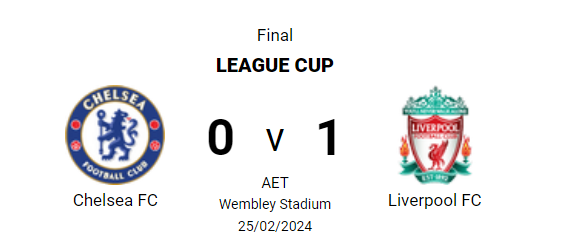Google's move to disable tracking cookies in Chrome marks a significant shift in online privacy, and it's bound to have major implications for both users and businesses. Here's a breakdown of the key points:
What's happening:
- Google is slowly phasing out third-party cookies in Chrome, starting with a small percentage of users (1% as of January 4th, 2024).
- Third-party cookies are small pieces of data that track users across different websites, allowing targeted advertising and personalized content.
- This phase-out will be gradual, with complete elimination expected by late 2024.
Why is Google doing this?
- There are growing concerns about user privacy and how third-party cookies can be used for intrusive tracking.
- Some argue that cookies allow for more relevant advertising and improved website experiences, while others believe they pose a threat to privacy and data security.
- Google's stated goal is to strike a balance between protecting user privacy and providing a strong, ad-supported ecosystem for developers and businesses.
What does this mean for users?
- You might start seeing fewer targeted ads across the web, which could be a positive for those who value privacy.
- Some websites that rely heavily on personalized content might be affected, and you might need to log in more often.
- Overall, the impact on individual users will likely vary depending on their web browsing habits and preferences.
What does this mean for businesses?
- Businesses will need to find alternative ways to target advertising and personalize content without relying on third-party cookies.
- This could create opportunities for new privacy-focused marketing strategies and technologies.
- Some businesses, particularly those relying heavily on targeted advertising, could face challenges in adapting to the cookie-less future.
What's next?
- Google is working on alternative solutions for ad targeting and personalization, such as Privacy Sandbox.
- This is a rapidly evolving landscape, and it's unclear what the long-term impact of Google's move will be.
Google's decision to disable tracking cookies is a major step towards a more privacy-focused web. While the full impact remains to be seen, it presents both challenges and opportunities for both users and businesses. It's important to stay informed about the developments in this area and adapt your practices as necessary.






